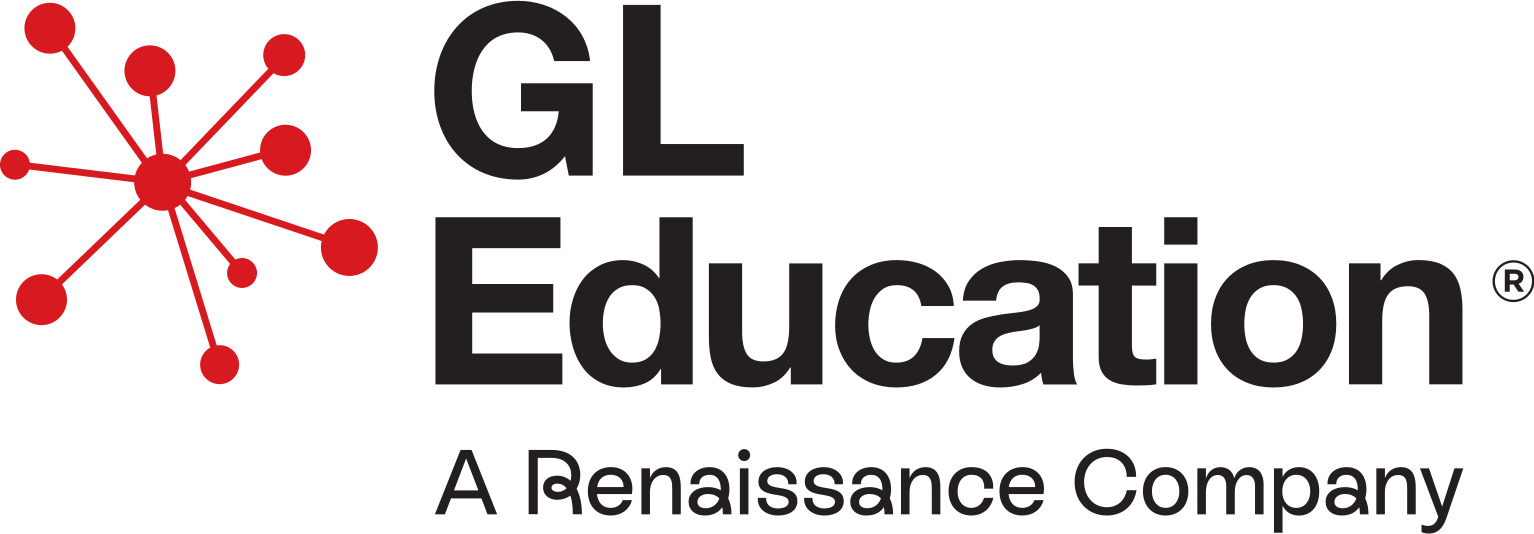Case studies: YARC Early Reading
Case study 1: Jenna, 8 years 2 months
Background
Jenna was referred to a specialist teacher because of a puzzling set of difficulties that included expressive language problems, inattention, short-term memory problems and a lack of reading fluency yet reasonably well-developed spelling skills. Her parents and her teacher had noted a recent decline in self-esteem and confidence. Jenna’s older sister was known to be dyslexic. On a test of general cognitive ability, Jenna scored within the average range.
Use of YARC
Jenna was given the age-appropriate passage on the YARC Passage Reading; although she gained a standard score of 95 for reading comprehension which is within the average range, her reading rate was slow (standard score = 80), and she made a lot of errors when reading word-endings and function words (words such as prepositions, pronouns and conjunctions).
She was given the Early Reading test to provide a more comprehensive assessment of her reading skills (even though her age was outside of the range of the standardisation sample). Jenna attained the following age-equivalent scores on YARC Early Reading:
Early Word Recognition: age equivalent 6 years 10 months
Sound Deletion and Sound Isolation Combined: 6 years 6 months
She was ‘at ceiling’ on the Letter Sound Knowledge subtest.
Student profile
Together, these findings suggest that Jenna has some underlying difficulties with phonological skills, suggestive of a shaky foundation to word reading. However, she appears to be compensating well for these by relying on her developing sight vocabulary, and also by using context when reading prose. As a result, her reading lacks fluency and is error prone. Her phonological difficulties are associated with mild expressive language difficulties and attentional problems; it appears she is mildly dyslexic.
Implications for teaching and learning
It is recommended that Jenna receives additional support with the development of basic reading skills within school. This extra help should incorporate training in phoneme awareness (particularly focusing on phonemes at the ends of words and in consonant clusters), and regular reading practice from an easy book as well as a book at the instructional level. It is important to monitor Jenna’s progress carefully, particularly given the family history of dyslexia.
Case study 2: Jake, 6 years 3 months
Background
Jake came to school with poorly developed speech and language skills. Although his speech difficulties had resolved within the past year, he still struggled to express himself clearly and his vocabulary was poor. His teacher was concerned that Jake did not seem to get the ‘hang’ of phonics.
Use of YARC
Jake was administered YARC Early Reading. His standard scores were:
Early Word Recognition: 81
Letter Sound Knowledge (Extended): 79
Sound Deletion: 70
Sound Isolation: 73
Student profile
Jake’s teacher was correct; Jake’s knowledge of letter sounds was poor (and he had particular difficulty with digraphs); he also had significant difficulty in segmenting phonemes, even from the first position in a word. As a consequence, his early reading skills were poorly developed.
Implications for teaching and learning
Jake is in need of support with the development of reading and phonological skills. Ideally, he should receive a ‘catch-up’ programme. A more comprehensive assessment of current language skills is also advisable in view of the developmental history of speech and language difficulties. The SENDCo may decide to administer the Assessment of Comprehension and Expression (GL Assessment, 2001) or ask a Speech and Language Therapist to administer the Clinical Evaluation of Language Fundamentals (CELF-4, Pearson, 2006).

